The best parts of the Noah story are not found in the Torah verses, but in the stories we weave between them. Classical midrashim and the movie “Evan Almighty” help us answer such questions as: How did all those animals get along on the ark, and who cleaned up after them? How did Noah build such a humongous vessel all by himself? What was Noah’s wife’s name, and where was she during all this? The answers aren’t found in the verses, and yet they seem so necessary to fulfill our quest for meaning in this grand narrative.
We should even be surprised when the great 11th century Torah commentator Shlomo ben Yitzhak, Rashi, took time to ask a profound question of the beginning of the Torah: “Why does the Torah begin with the origins of the universe and not the first laws commanded to the newly freed Israelite nation?” But he doesn’t bother to ask: “What is this flood story doing in the Torah anyway?” Instead, he dwells on Noah’s appellation, “the righteous man of his generation.”
So, let us ask the question. Why do we need this flood story? Is it a matter of historical record? We could easily skip from Adam to Abraham and not lose any of the narrative power. Do we need yet another example of God’s awesome presence and will to control the universe?
This is a story that teaches us how to distinguish between nature and nurture. It is in the book of Genesis that this tension unfolds through epic figures like Adam, Noah and Abraham. The generations of Adam represent our nature. As difficult as it is to accept, there are simply parts of our humanity that crave the apples of knowledge and succumb to sibling jealousy. By contrast, the generations of Abraham represent the nurtured parts of our humanity. We can shatter the illusions of idolatry and narrow thinking to embrace the entirety of God and God’s Oneness.
The generations of Noah represent that transition between these two phases of our growth as human beings. Noah’s experience teaches us to accept our natural gifts and limitations, and to embrace our capacity to change and grow, to become and to transform. He was righteous in his generation, meaning he was that link between what is and what can be. He is characterized, in the words of Stanford psychologist Philip Zimbardo, a hero in waiting.
We all possess natural gifts and nurtured abilities. The challenge is recognizing the difference between them. There are parts in us that no amount of manipulating will change our condition. For me, I have come to accept that I will never play professional basketball. Ever. There are also all those times when we think our nature was limited and we discover we can do more than we imagine. I have come to discover that I possess a well-tested and infinite source of patience for my child’s incessant need for things. Now, that’s called growth.
There are moments in life that are considered so monumental, so radically life altering, that past experiences will have no bearing on present and future realities. It isn’t a mistake that we call those times watershed moments. Floods always have to come for real growth. They come when we experience a crisis or a loss, or even the positive result of successful practice and preparation.
We do not need the Noah story as a historical relic. It isn’t just a convenient tale of the development of human community either. It is conveying an essential message that each of us needs in order to grow. It takes a gigantic ark to survive these watershed moments and Noah’s courage to navigate the turbulent waters of change. And when God promises never to flood the Earth again, it is a promise never to overwhelm our capacity to grow. It is a promise that our nature doesn’t define the totality of our being.
So, it is quite all right that I will never play professional basketball because that is my nature. But I can be a hero like Noah, ready to heed the call to save the world. And, as this parasha comes to teach us, you can, too.






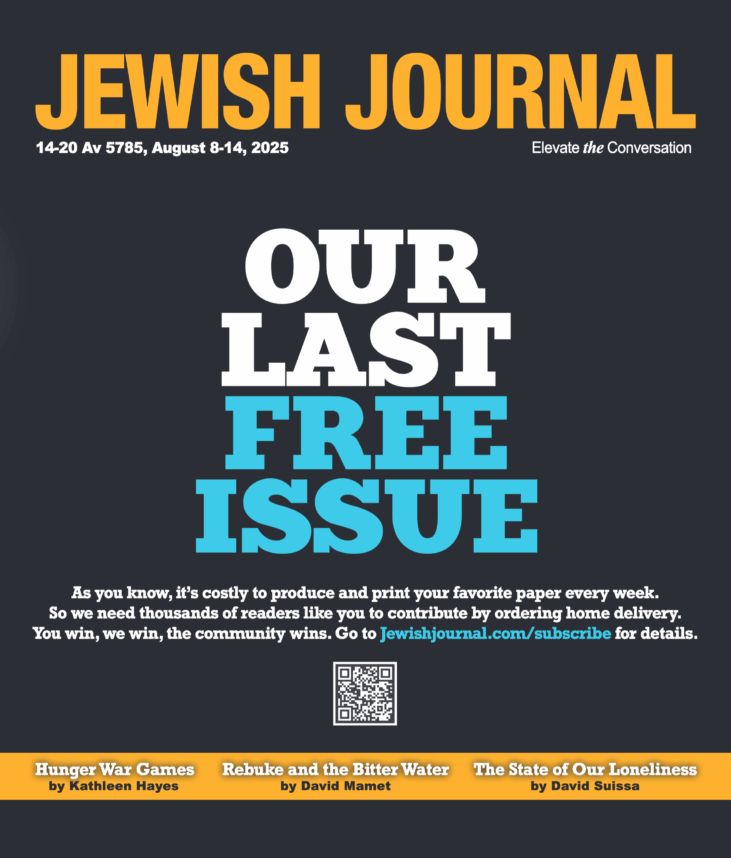
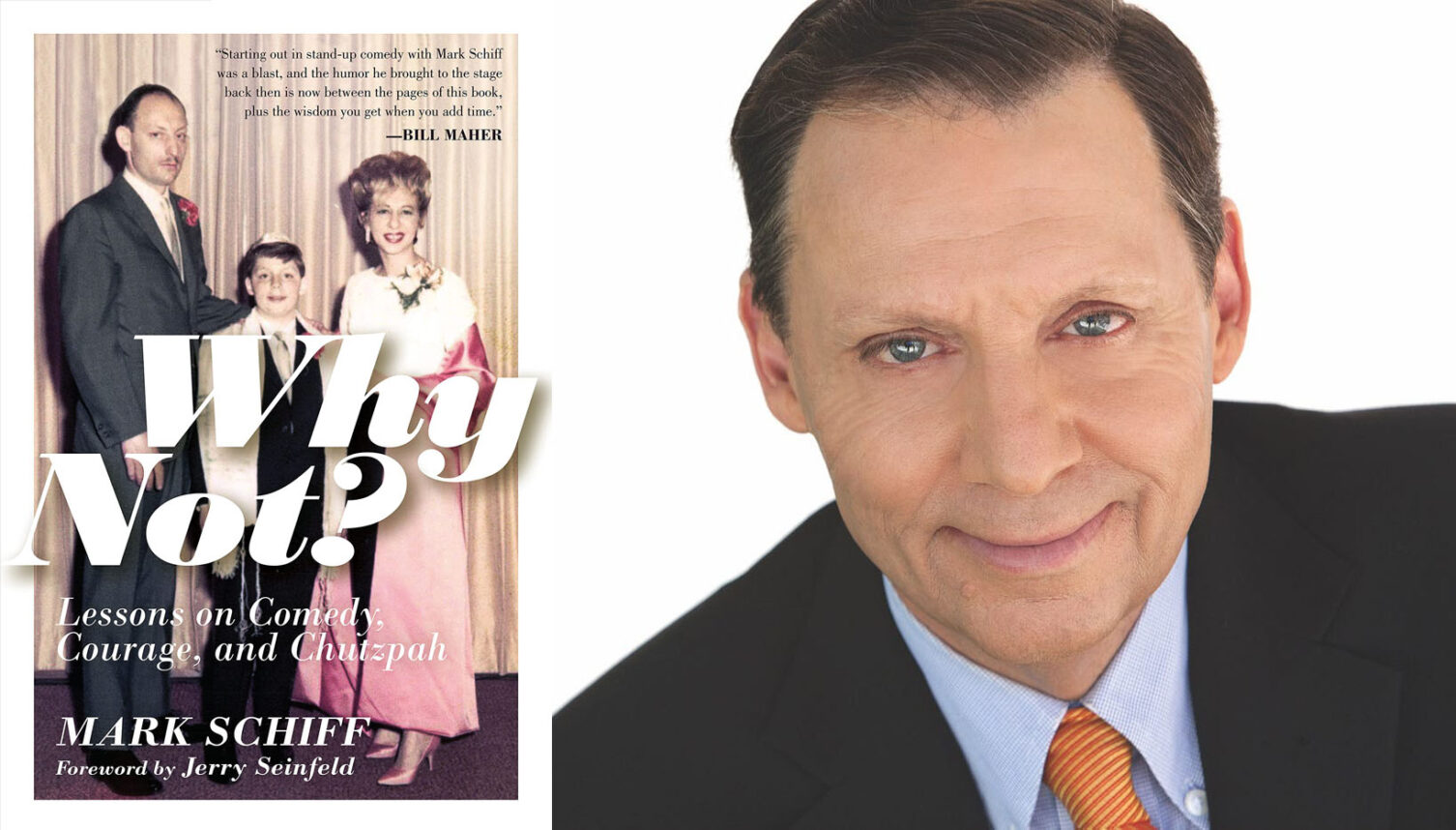
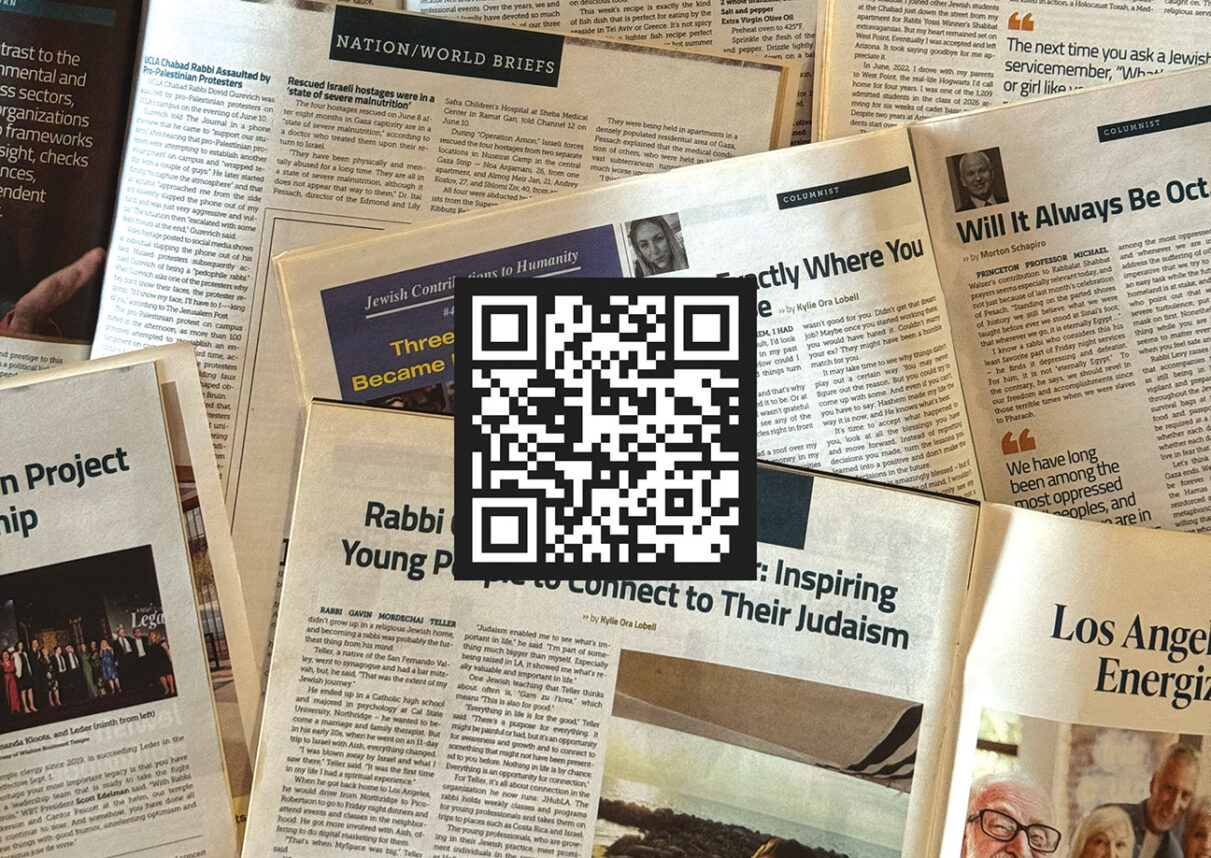
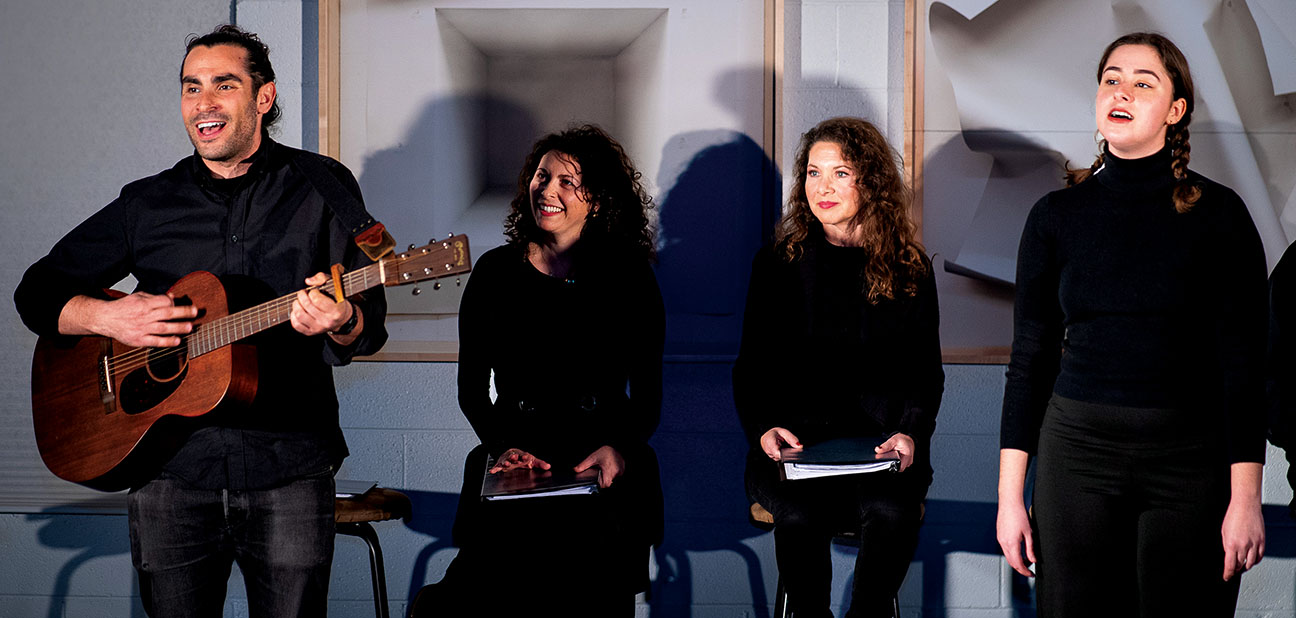
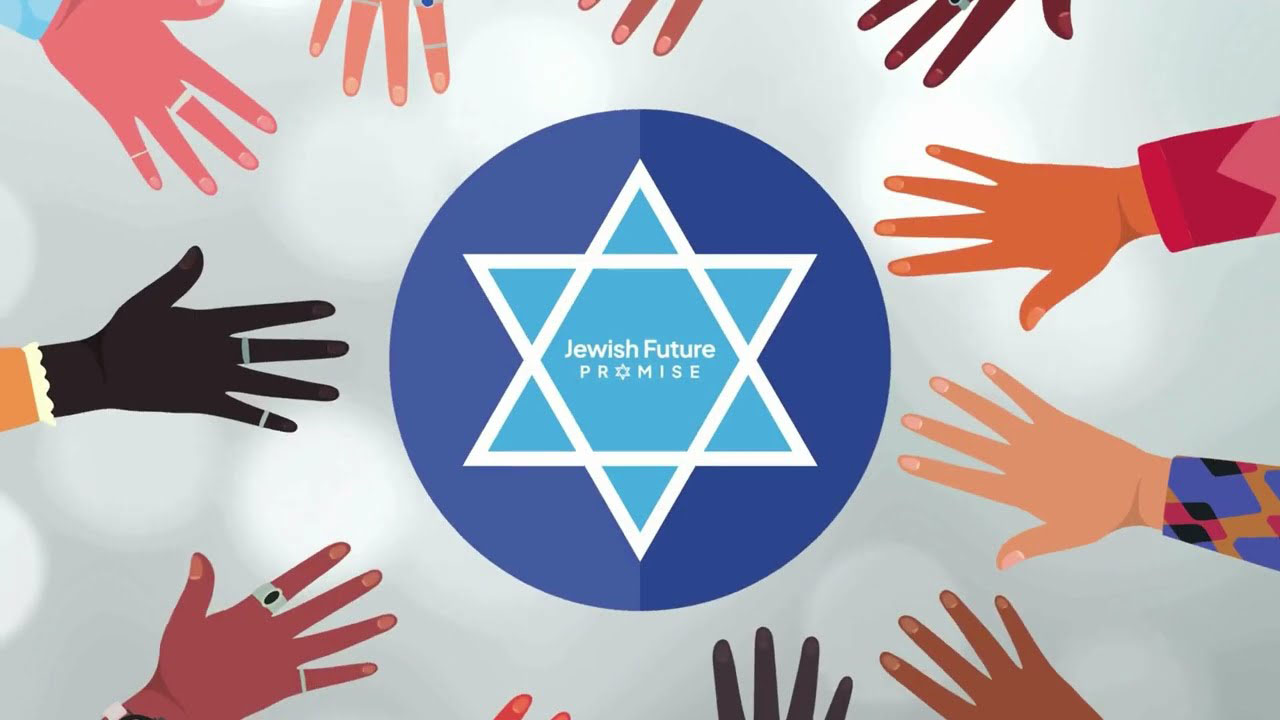
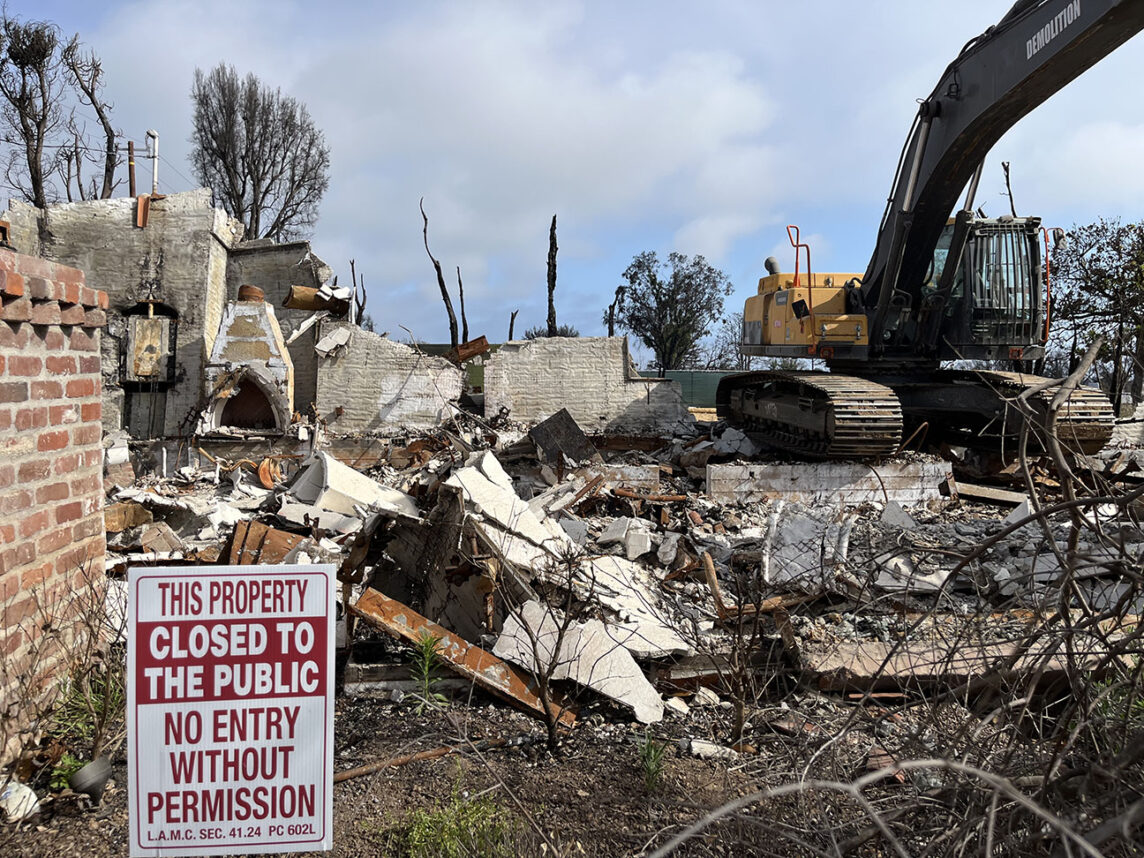
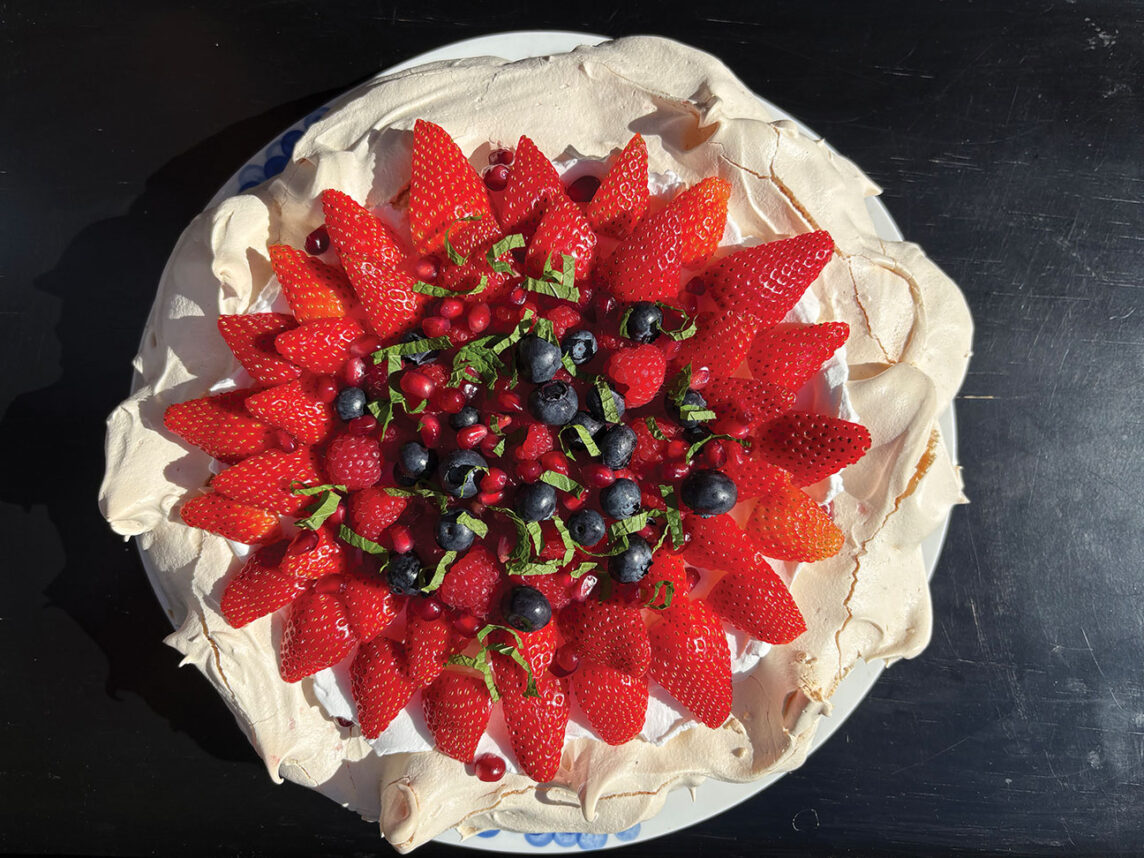
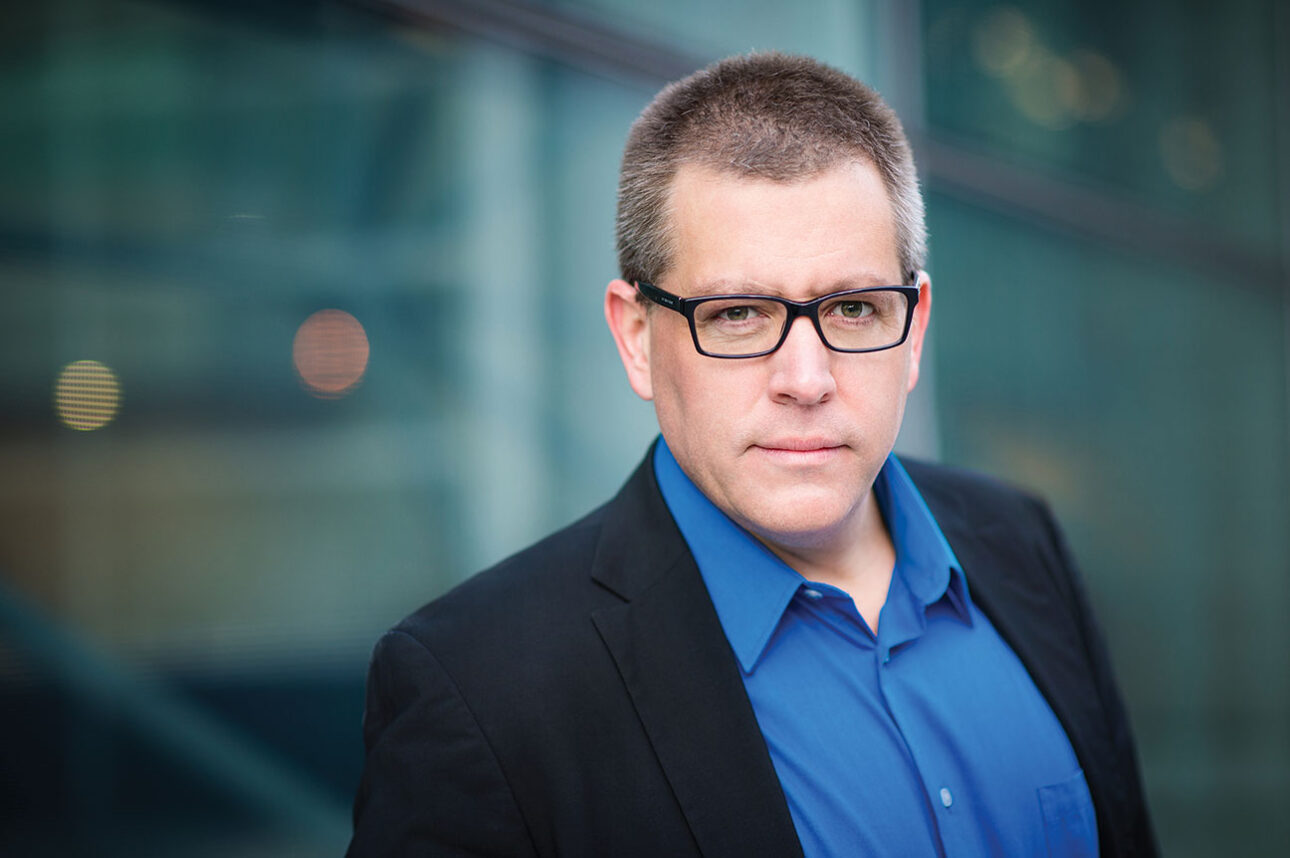




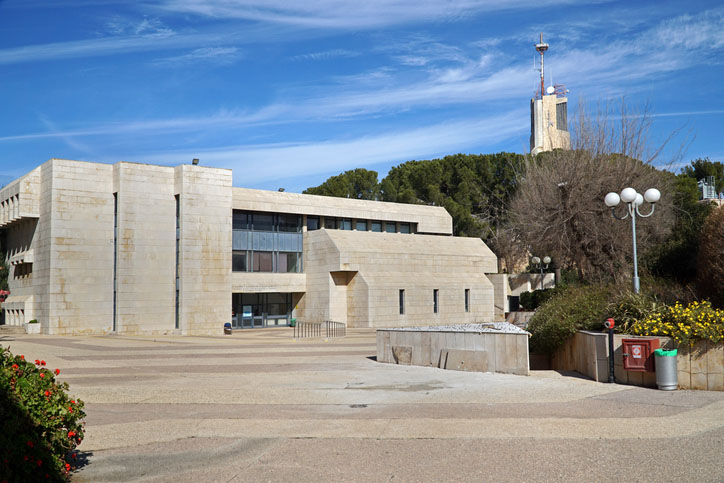

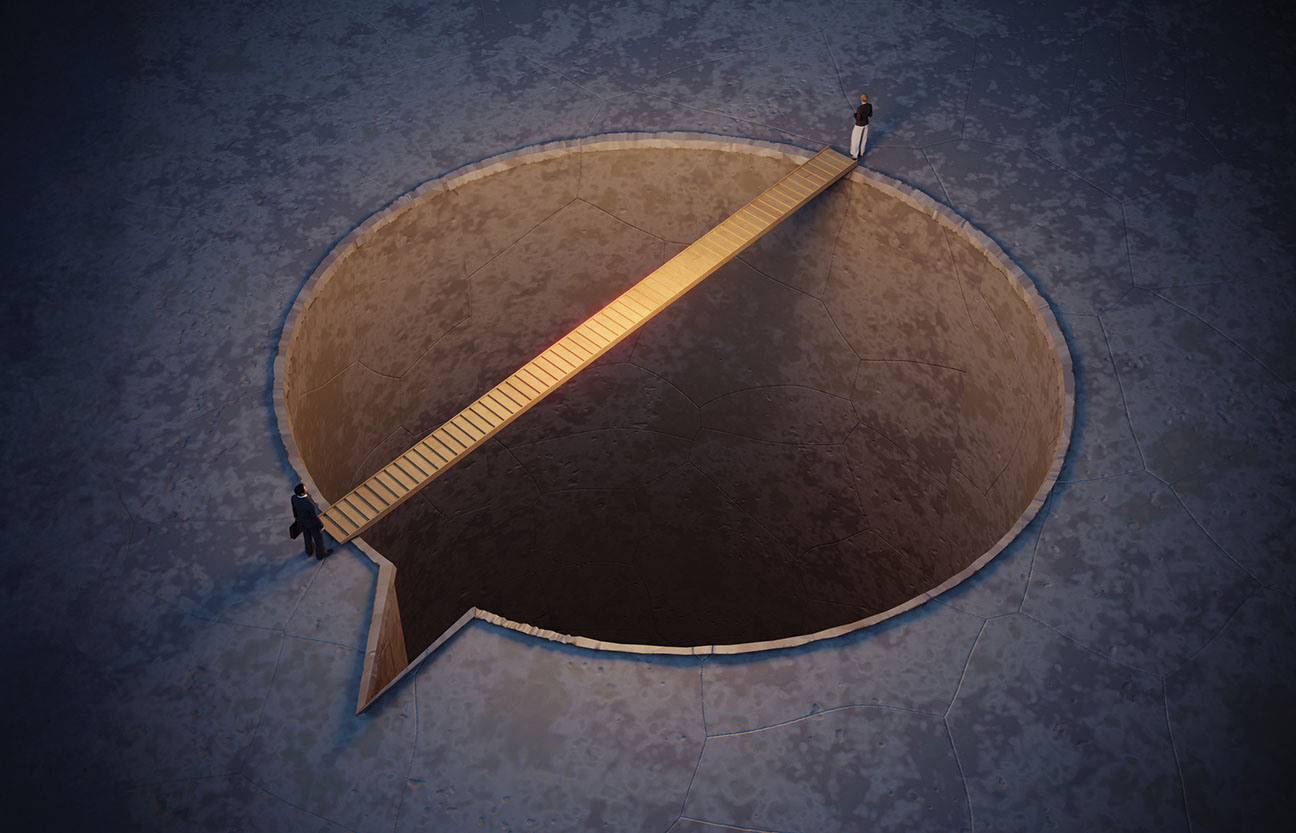

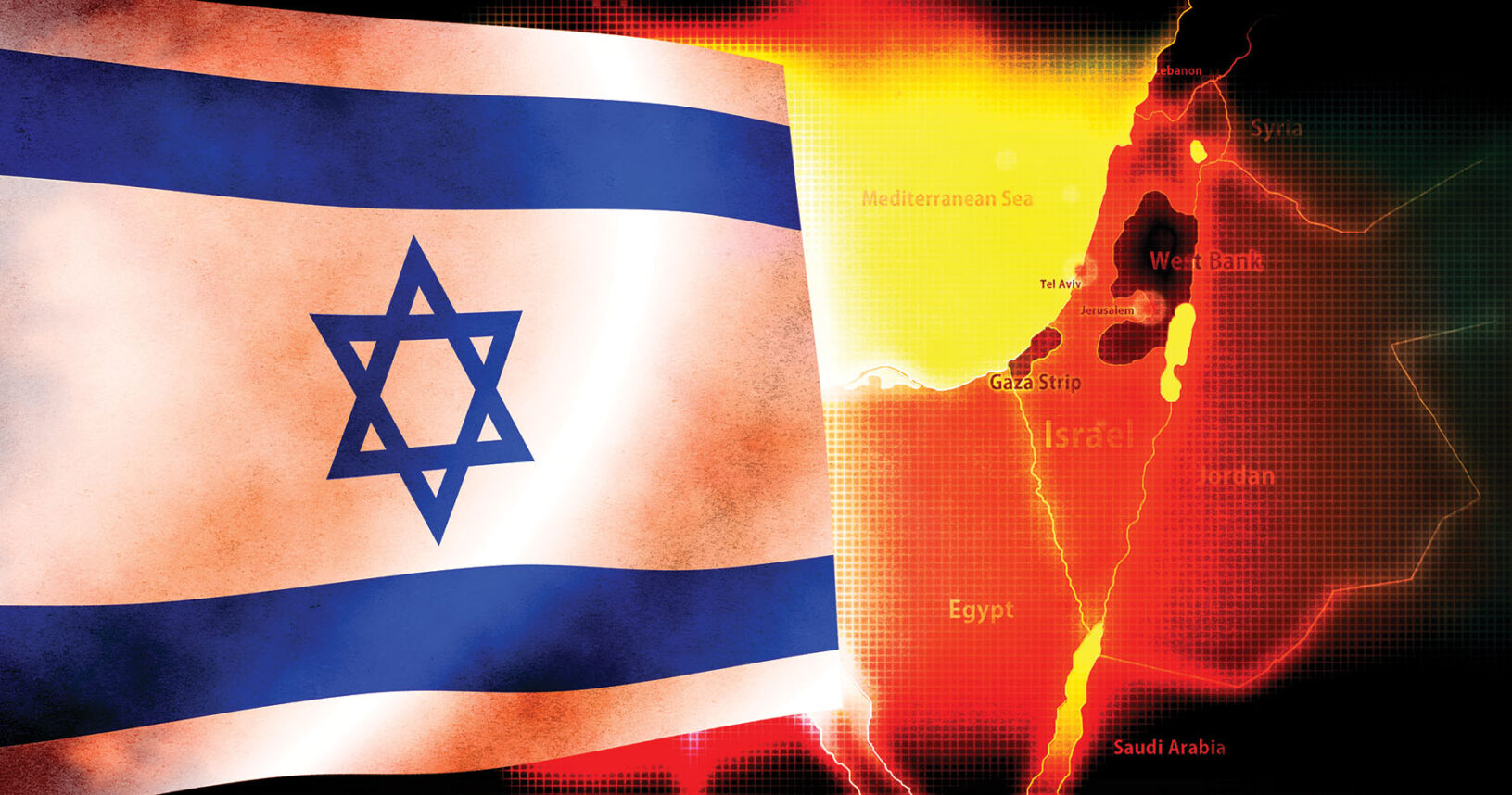

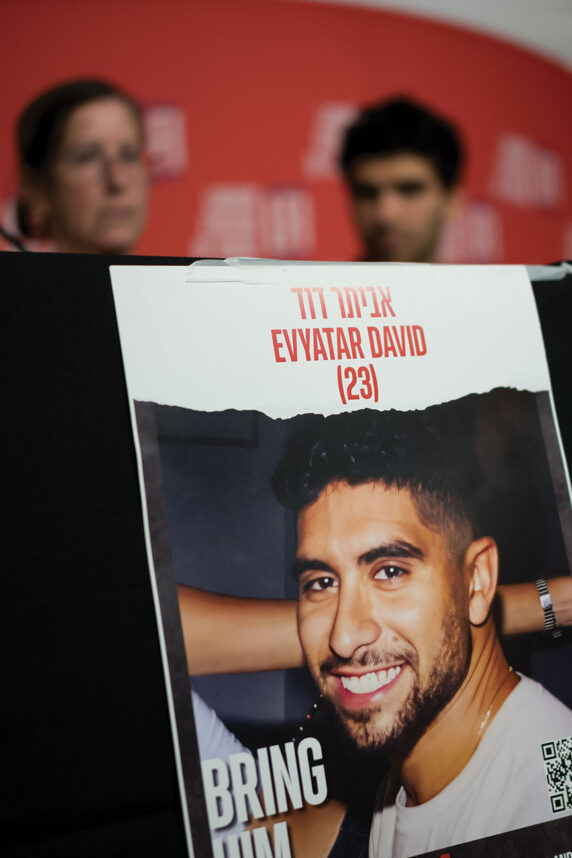
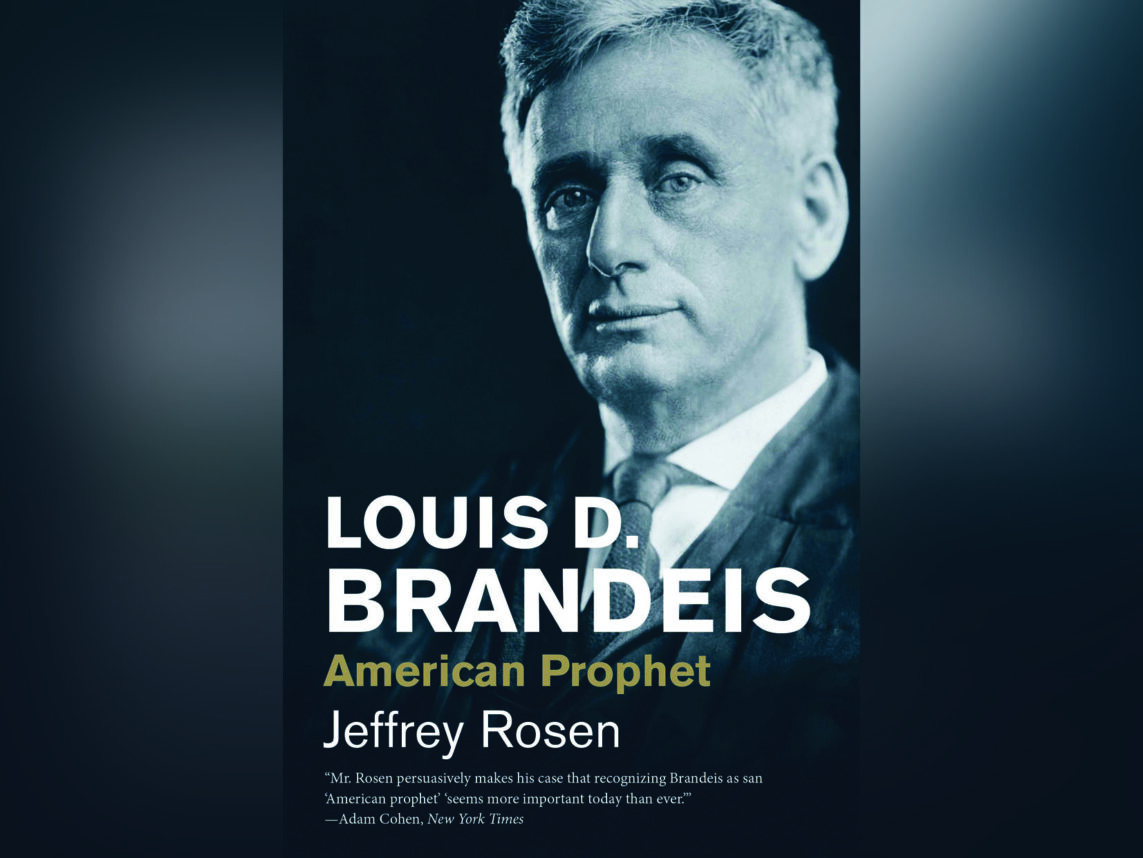
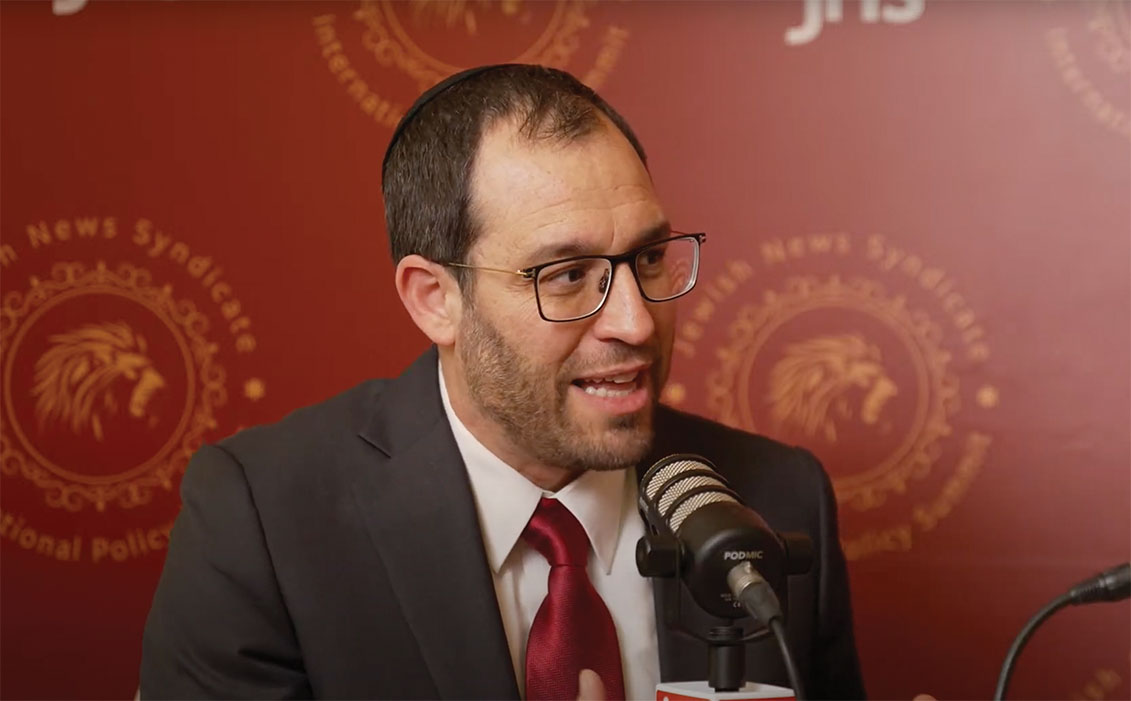
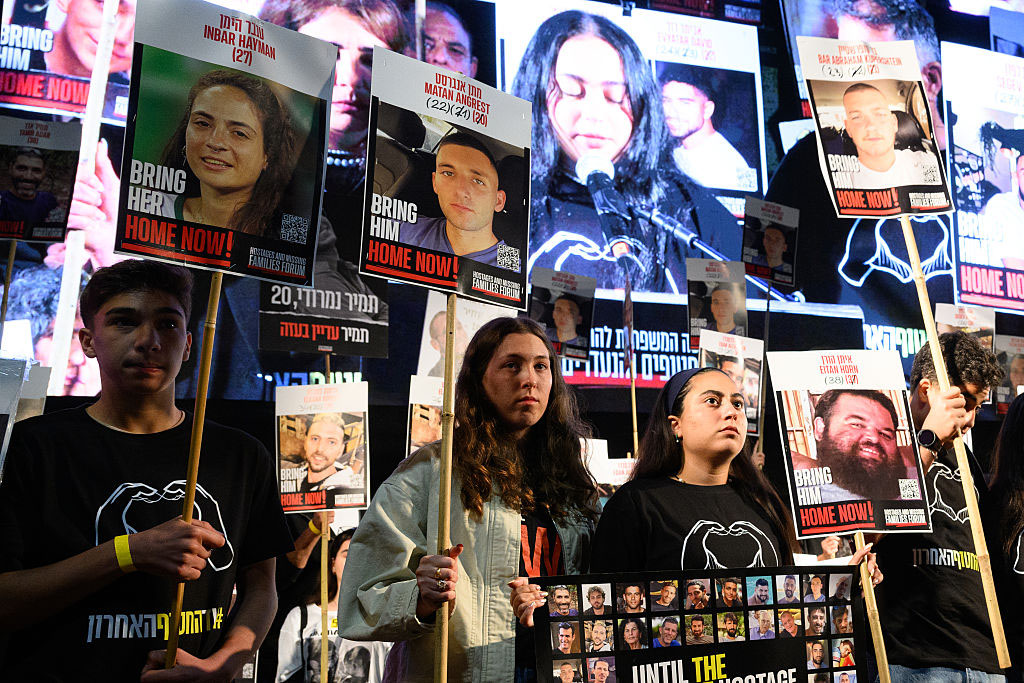
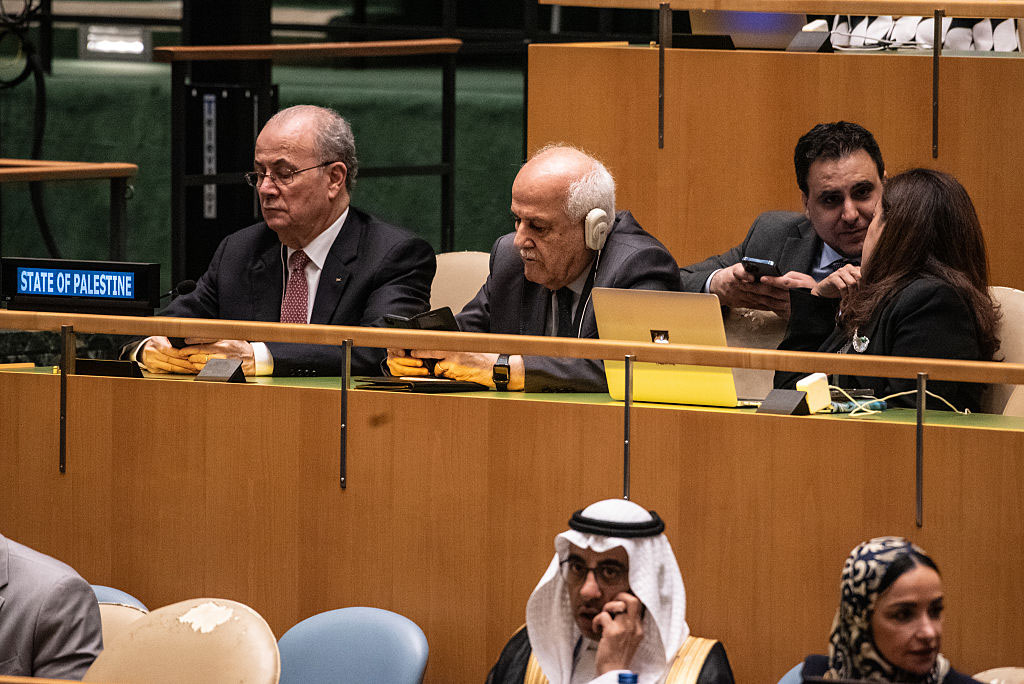


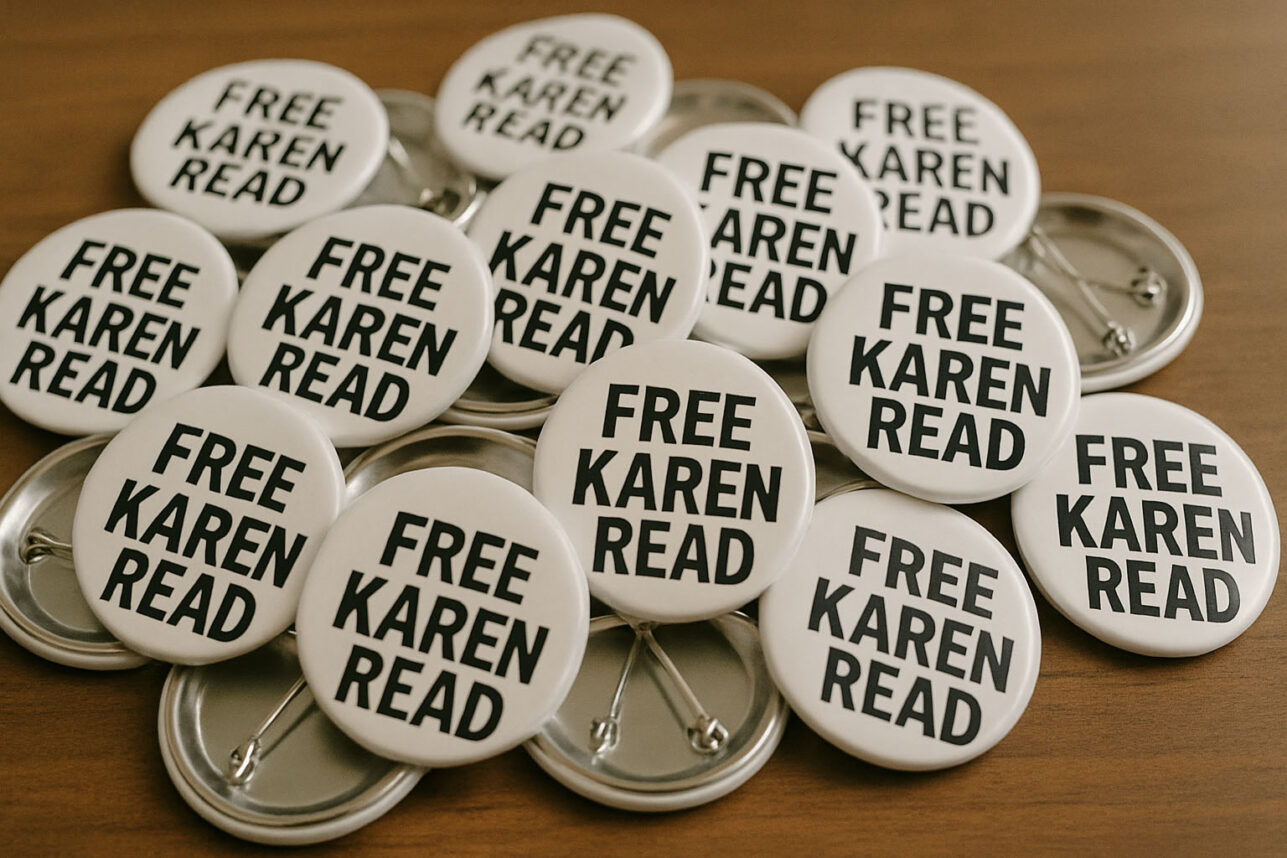

 More news and opinions than at a Shabbat dinner, right in your inbox.
More news and opinions than at a Shabbat dinner, right in your inbox.